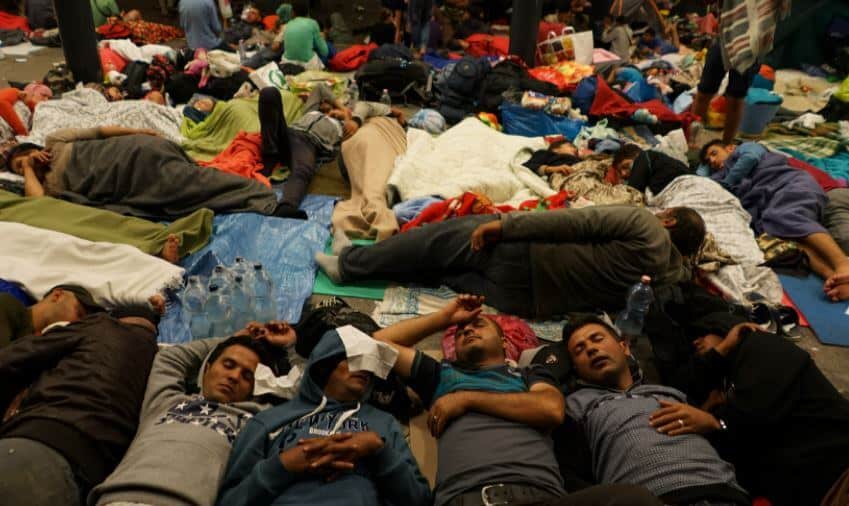Votes are still being counted in Germany in the election that marks the retirement of Chancellor Angela Merkel. The election will mark the beginning of a new political accord for a population with a wide range of political allegiances.
For 16 years, Merkel governed a centre-right coalition of Christian Democrats and Social Democrats, Germany’s two major political parties. But early counts suggest these parties now share just 50% of the primary vote between themselves.
This opens the way for minor parties to play a significant role in government. The Greens are the main alternative (15% of the vote), as well as the liberal Free Democrats and the far-right Alternative for Germany (AfD) (10% of the vote each).
The latter will undoubtedly be the chief concern for outside observers. AfD opposes the principles of the European Union, especially immigration.
The party has been the subject of repeated scandals over the years whenever a leading member is outed for outrageously hateful remarks. The good news is that given the country’s far-right history, all Germany’s major parties have ruled out entering into coalitions with the AfD.
Merkel’s legacy in the spotlight
The election is also notable as marking the retirement of one of the world’s most powerful women. Extremely intelligent, holding a doctorate in quantum chemistry, Merkel was renowned for being politically unchallengeable, both in Germany and abroad.
Looking back, Merkel’s fiscal conservatism – the massive trade and fiscal surpluses run by Germany – has been blamed for strengthening Germany’s power at the cost of lethargic growth and widening inequality within the Eurozone.
Yanis Varoufakis, Greek Finance Minister under Syriza, blamed Merkel for the 40% decline in Greece’s GDP since 2009. He attributed to Merkel a key role in the continent-wide austerity measures that followed the GFC, all designed to avoid German and French bankers taking a loss on their loans to Greece and potentially to Spain and Portugal as well.
On the other hand, Merkel’s leadership upheld liberal norms in the aftermath of the economic crisis, as other Western countries were moving closer to right-wing authoritarianism. In the fall-out from the Syrian civil war, Germany accepted 1.7 million refugees, the fifth-highest refugee in-take worldwide behind only Turkey, Colombia, Uganda and Pakistan.

With Hungary transporting Syrians directly on to Germany, the country received 750,000 asylum applications in 2016 alone. For comparison, Australia resettles approximately 6,000 refugees each year.
Such policies made Merkel the sworn enemy of groups like Alternative für Deutschland. So she has clearly done a few things right.
Update: First chance to form a government will likely go to the Social Democrats, who lead the Christian Democrats 25.9% to 24.1%.
Follow Christian on Twitter for more news updates.